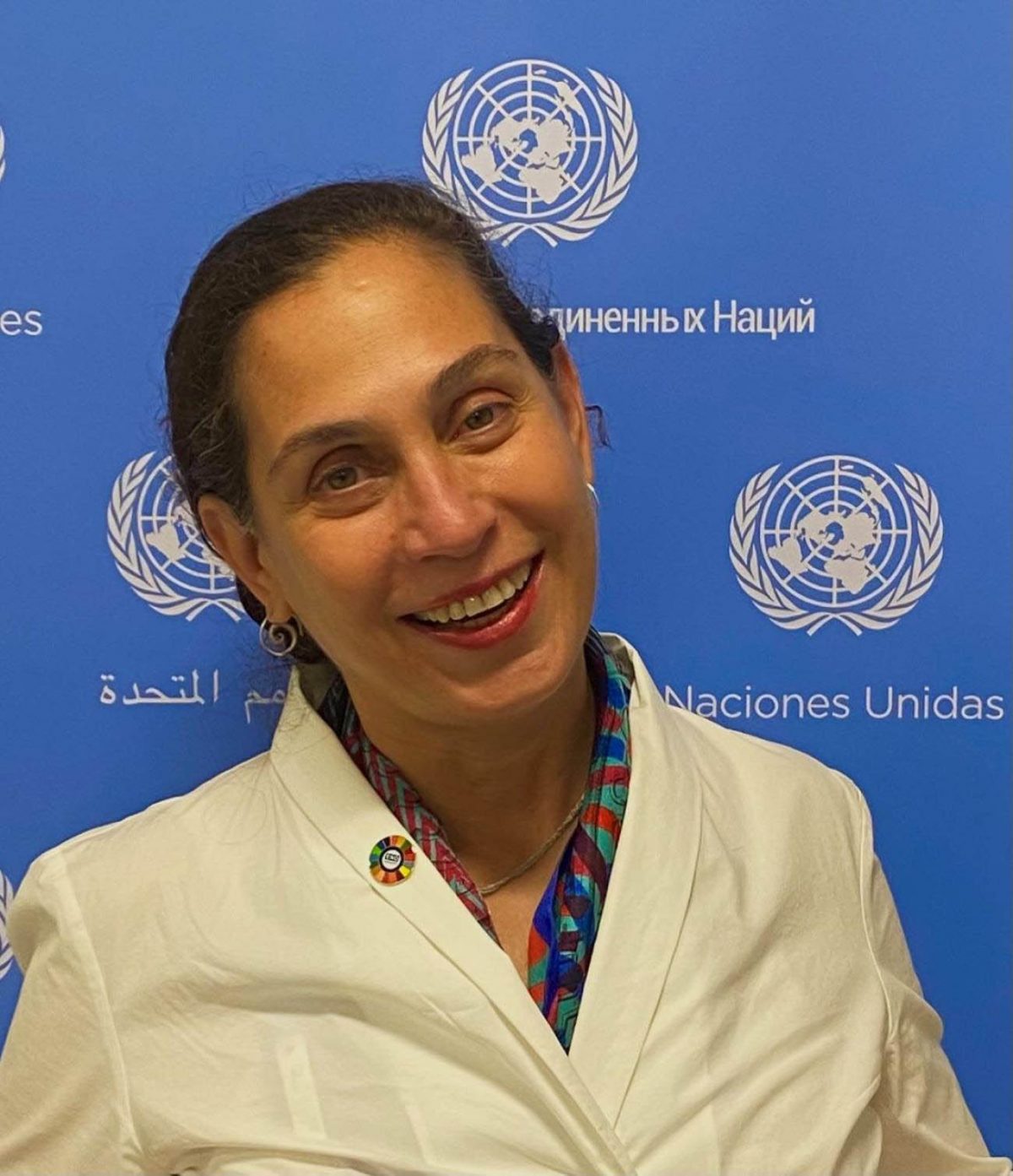Eight years ago, Member States gathered at the United Nations to adopt the Sustainable Development Goals (SDGS). At mid-point we must urgently turbocharge the fulfilment of the 2030 Agenda for Sustainable Development— while viewing the agenda as much as a commitment to human rights as it is a development plan.
Agreed to in 2015 by 193 countries, the 2030 Agenda represents humanity’s roadmap to ensure a dignified life for all people to live in peace while taking care of our planet. Despite having the knowledge, resources and technology needed to achieve these ideals, we are progressing at a rate too slow to attain them: SDGs are off track.
The alarm bells have already been ringing with what the UN Secretary General has termed a polycrisis: economic instability, the pandemic, conflicts, more and more people on the move, destructive climate events and biodiversity loss, among other issues. These crises have negatively impacted the progress of the 17 SDGs and their 169 targets, especially in Latin America and the Carib-bean, where an alarming 27% of the targets have regressed.
We are at a crossroads, but we still have the opportunity to course correct. Countries’ commitments must be more ambitious and urgent. At the SDG Summit this week, States presented credible and urgently needed plans to rescue the 2030 Agenda.
To achieve real impact, countries must adjust national budgets and mobilize resources internationally. The global financial architecture must be updated and made more equitable, especially for Caribbean Small Island Developing States (SIDS). This includes increasing the availability of long-term financing and taking measures to alleviate the debt of countries in the region.
At the national level, we identify six priority areas that have significant transformative potential: strengthening social protection systems and decent work; transforming education; promoting digitalization; facilitating access to clean energy; reforming food systems; and addressing climate change, biodiversity loss and pollution.
Already in July this year, in presenting its Voluntary National Review of the SDGs, Guyana enjoined itself firmly to this Global Agenda and especially to the principle of “leaving no one behind.” The United Nations team in Guyana is motivated by this commitment and ready to support the government and people of Guyana in furthering action towards achieving the SDGs for all people in Guyana.
In so doing, we should be guided by a human rights agenda that puts the rights of children and young people, especially of girls and young women, at the forefront. According to Amina Mohamed, UN Deputy Secretary-General, “Invest-ing in women and girls is a powerful path to accelerate the full achievement of the Sustainable Development Goals. It is also the most underused. The 2030 Agenda can only be achieved when women and men are genuinely treated as equals; when women and girls live lives of dignity and security, lives that are free from violence.”
Our common future is at stake, and we have a seven-year deadline to turn things around. The risks of not accomplishing the SDGs are consequential, which is why we need to significantly increase ambition and action. Future generations will judge us by the decisions we make today, and we cannot afford to disappoint them. We must be steadfast in our determination to create a more sustainable and just future.






